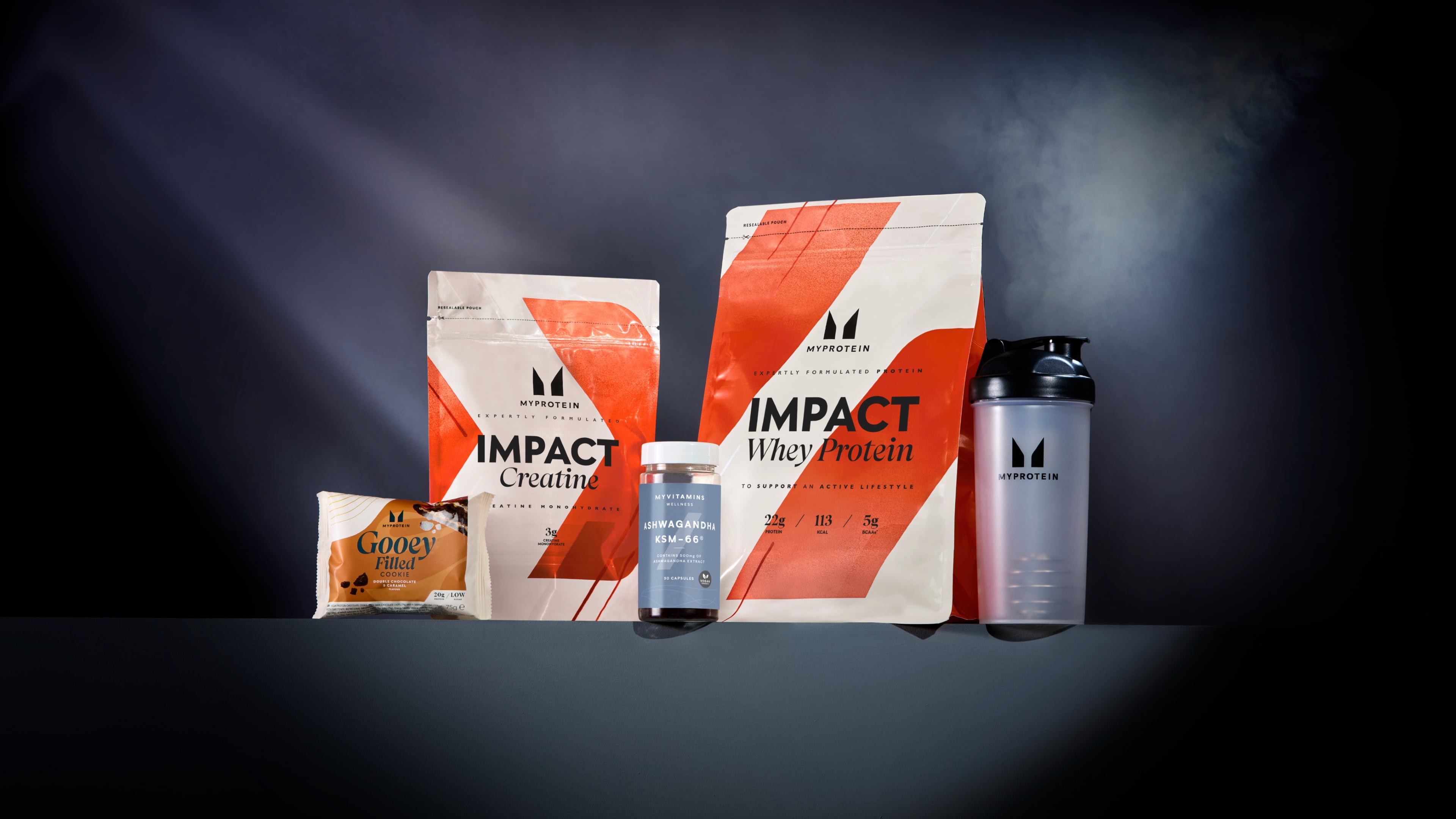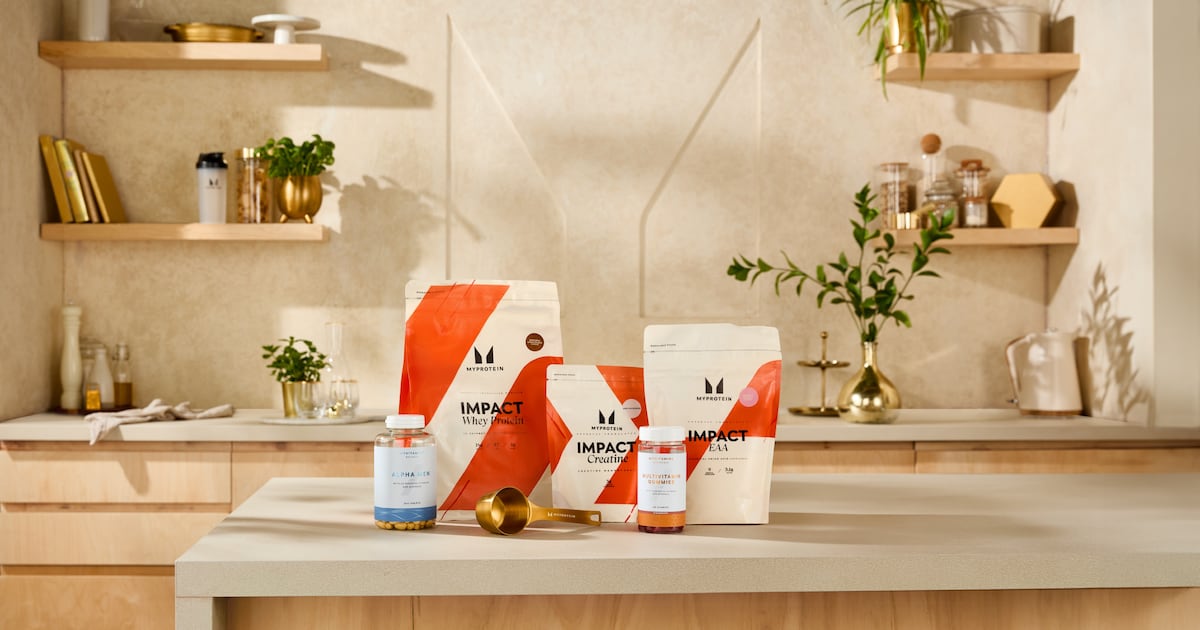This licensing agreement with SG Safety Corporation, a subsidiary of CJ Group, marks THG’s first in South Korea.
CJ Group is one of the country’s largest conglomerates with four core business areas, namely Food and Food Services, Bio, Logistics & Retail, and Entertainment & Media.
According to Chris Chen, Chief Growth & Partnerships Officer at THG, it took about 12 months from initial conversations to formalization of the agreement.
This timeline included detailed discussions around local manufacturing capabilities, distribution strategies, product assortment, and regulatory considerations.
“The partnership came about through our existing business network in the region,” Chen told NutraIngredients.
“We recognized early on that South Korea represented a significant opportunity. It is already among our top global markets by online sales. Combined with rapid growth of the sports nutrition category, we see considerable potential to accelerate growth through offline retail presence and localized products.”
Chen explained that the company’s primary goal for the expansion is to establish Myprotein as a leading omnichannel sports nutrition brand in this strategically important market.
“We were focused on finding the ideal local partner who understood both our category and the market, and CJ’s expertise and reach are unrivaled,” he said.
“By partnering SG and CJ, we’re confident in our ability to achieve meaningful market penetration, gain significant shelf presence, and sustainably build brand equity. A key priority will be expanding our offline retail presence, significantly increasing brand visibility and accessibility, and enabling us to adopt a true multi-channel approach.”

A significant portion of Myprotein’s sales in South Korea comes from its core range, particularly protein powders and intra- or post-workout supplements. (THG)
Currently, a major portion of Myprotein’s sales in South Korea comes from its core range, particularly protein powders and intra- or post-workout supplements, which primarily attract dedicated fitness enthusiasts and gym goers.
However, the company sees substantial growth opportunities in broadening its appeal beyond this traditional audience.
Top sellers
The company’s flagship product, Impact Whey Protein, consistently tops sales in the Korean market, alongside other products like Creatine Monohydrate, said Chen, and THG’s strategy involves developing more accessible, convenient product formats, including ready-to-drink (RTD) beverages, protein snacks, and nutritional products suited for on-the-go consumption.
“Notably, local flavor innovation plays a crucial role in our success here,” he said. “Variants like matcha and yogurt, which are relatively niche in Western markets such as the UK, have become standout favorites among Korean consumers. This underscores the value of localization and customer-driven insights in shaping product appeal.”
The deal will see a range of Myprotein-branded products, including snacks and supplements, manufactured locally by SG Safety Corporation under license, while THG will continue to produce its own key lines, such as protein powders, with SG Safety Corporation acting as distributor of these products in the South Korean market.
Retail and marketing moves
The offline launch for the collaborative products is planned for Q4 2025, where retail channels that resonate with Myprotein’s target consumers and support its growth strategy in South Korea will be prioritized.
These include convenience stores, health and beauty chains, and major mass retail outlets.
“Expanding into mainstream retail channels will be essential for reaching a larger consumer base, enabling us to raise brand relevance and recognition. Convenience stores are especially critical given their wide reach, strong foot traffic, and importance in daily routines, making them ideal for launching our RTD beverages and snack products.
“Specialty health and wellness stores and premium lifestyle retailers align closely with our brand positioning, which will help to build credibility, visibility, and deeper connections with health-conscious and lifestyle-oriented consumers. We aim to integrate seamlessly into the everyday shopping journeys of a broader audience,” Chen said.
Having established a strong and continually growing online presence in the South Korean market, e-commerce remains central to Myprotein’s strategy, as it allows the brand to directly engage with a digitally savvy and trend-conscious customer base.
“Beyond distribution, we will implement targeted, localized digital and offline marketing campaigns, leveraging influencer partnerships and tailored promotions in close collaboration with SG. These initiatives are designed to strengthen our brand presence, enhance consumer engagement, and foster deeper trust in the market.”
Blueprint for regional expansion
At the same time, the licensing agreement builds on Myprotein’s partnerships in Asia, including its long-standing collaboration with Itochu in Japan, serving as a blueprint for broader regional expansion.
“We’ve already seen success in Asia through our partnership with Itochu, which has helped us scale effectively in a complex and competitive market. South Korea now becomes the next anchor market in our regional strategy,” said Chen.
“As health and wellness categories continue to grow rapidly across Asia, we plan to replicate this capital-light, partnership-led model to drive deeper market access, local relevance, and long-term brand value across the region.”
